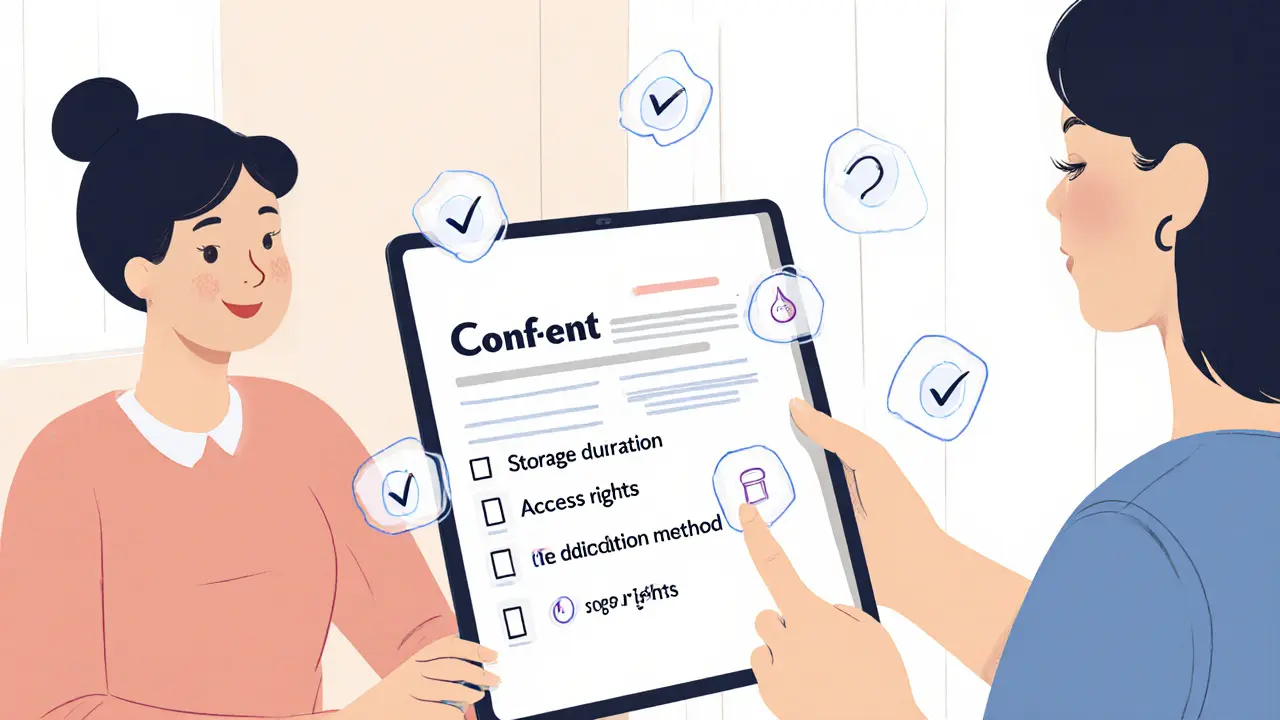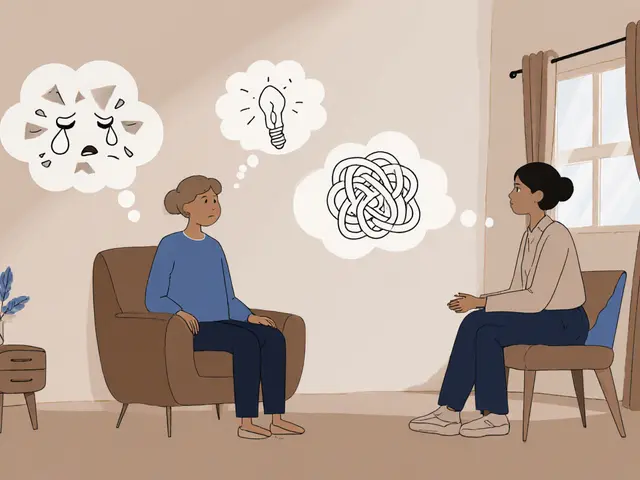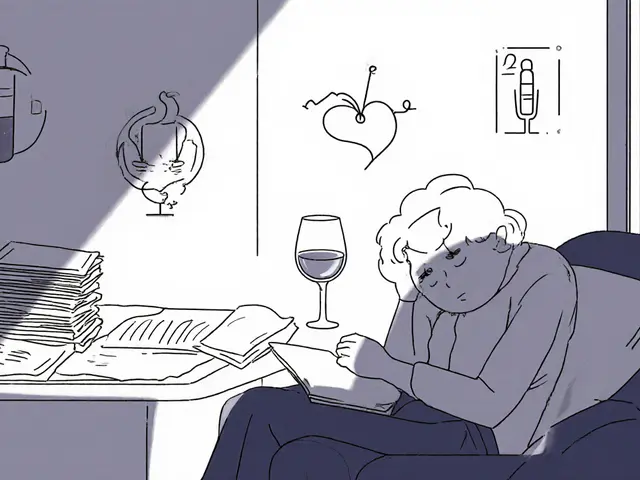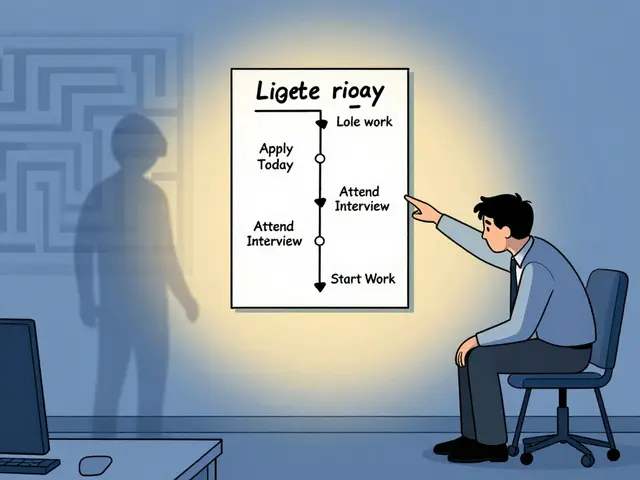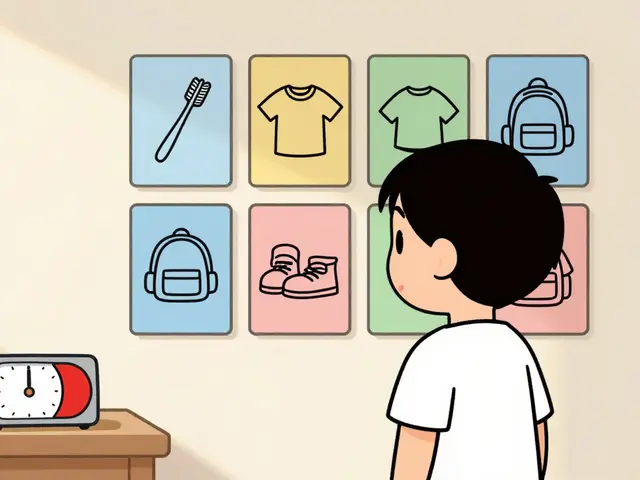Souhlas klienta v psychoterapii: Co musíte vědět o souhlasu a právech
When you start therapy, the first thing you sign isn’t just a form—it’s your souhlas klienta, volný a informovaný souhlas klienta s psychoterapeutickým procesem, který zajišťuje jeho autonómii a bezpečí. Also known as terapeutický kontrakt, it’s not a legal trap or a bureaucratic step—it’s your right to know what you’re getting into, and to say yes—or no—without pressure. Without it, therapy doesn’t just lose meaning—it loses its ethical foundation.
Every therapist in the Czech Republic is legally and ethically required to explain what therapy involves, how long it might take, what it costs, and how your data will be handled. This isn’t just about paperwork. It’s about trust. If you don’t understand something, you’re allowed to ask again. If you feel rushed, you can pause. If you change your mind later, you can stop—no questions asked. Your práva klienta, zahrnují právo na informovaný souhlas, soukromí, přístup k dokumentaci a odmítnutí terapie v jakýkoli okamžik. These rights aren’t theoretical. They’re enforced by law and professional codes. A therapist who doesn’t respect them isn’t just unprofessional—they’re breaking the rules.
And it’s not just about signing a form at the beginning. etika terapie, soubor pravidel, která řídí chování terapeuta vůči klientovi, včetně důvěry, hranic a transparentnosti. means your consent must stay active. If your goals change, if the method shifts, if the therapist suggests something new—like EMDR or group work—you should be told again and given space to say yes or no. Re-consent isn’t a formality. It’s a check-in. It’s your voice still being heard.
Many people think signing a consent form means they’re locked in. It’s the opposite. It means you’re in control. You can ask for a copy of your records. You can refuse to talk about certain topics. You can even ask to pause sessions if something feels off. No therapist should make you feel guilty for asking questions. If they do, that’s not therapy—it’s power play.
And if you’ve ever felt confused after your first session—like you didn’t fully understand what was happening—that’s a red flag. Good therapy starts with clarity. If your therapist doesn’t explain the process in plain language, or if they avoid answering your questions, walk away. You don’t need a miracle worker—you need someone who respects your right to understand.
Below you’ll find real stories and practical guides about how consent works in therapy—what it looks like when it’s done right, what happens when it’s ignored, and how to protect yourself if something feels wrong. From contract changes to boundary violations, from how to ask for a refund to what to do if your therapist disappears—this collection gives you the tools to navigate therapy with confidence, not fear.
Pravidla pro nahrávání online sezení psychoterapie: Etika a souhlas v České republice
Nahrávání online psychoterapie je možné jen s písemným souhlasem klienta a přísným dodržováním GDPR. Zjistěte, jaká pravidla platí v ČR, jaké techniky používat a proč 89 % klientů ocení nahrávky - pokud jsou správně zajištěny.
Zobrazit více